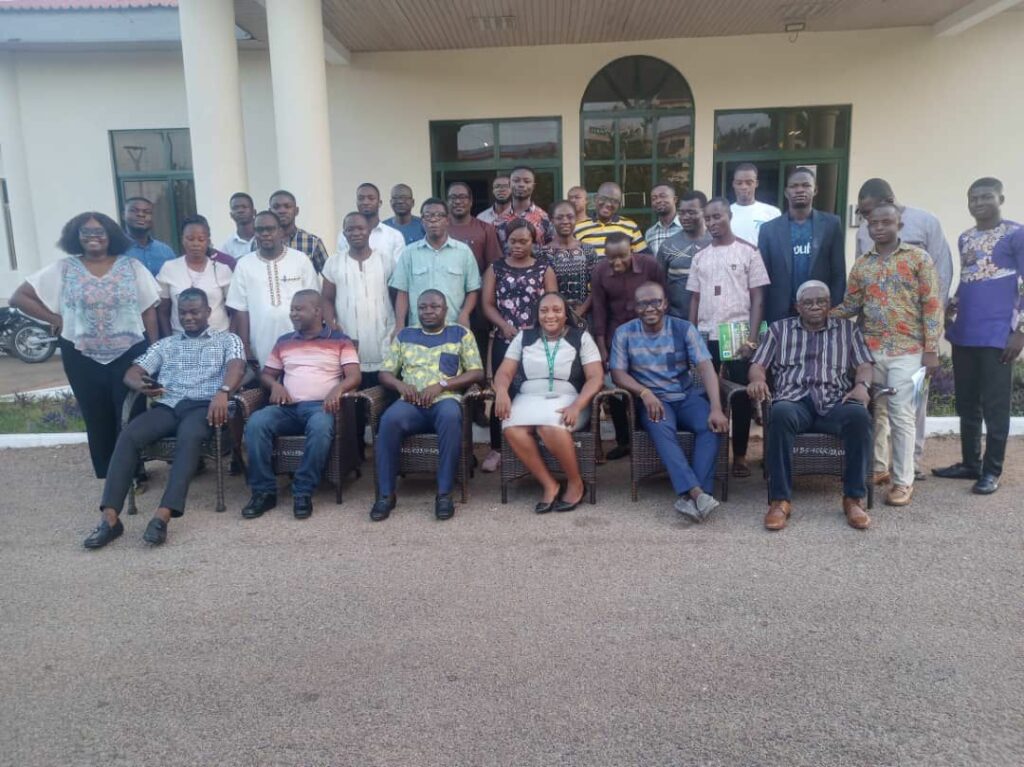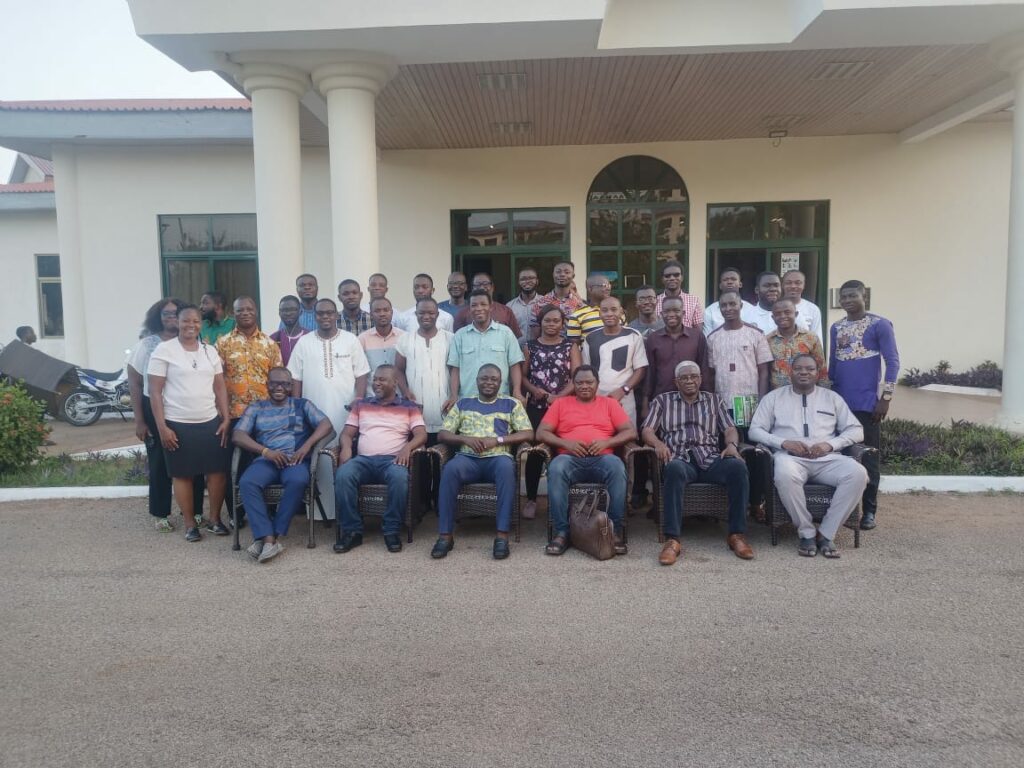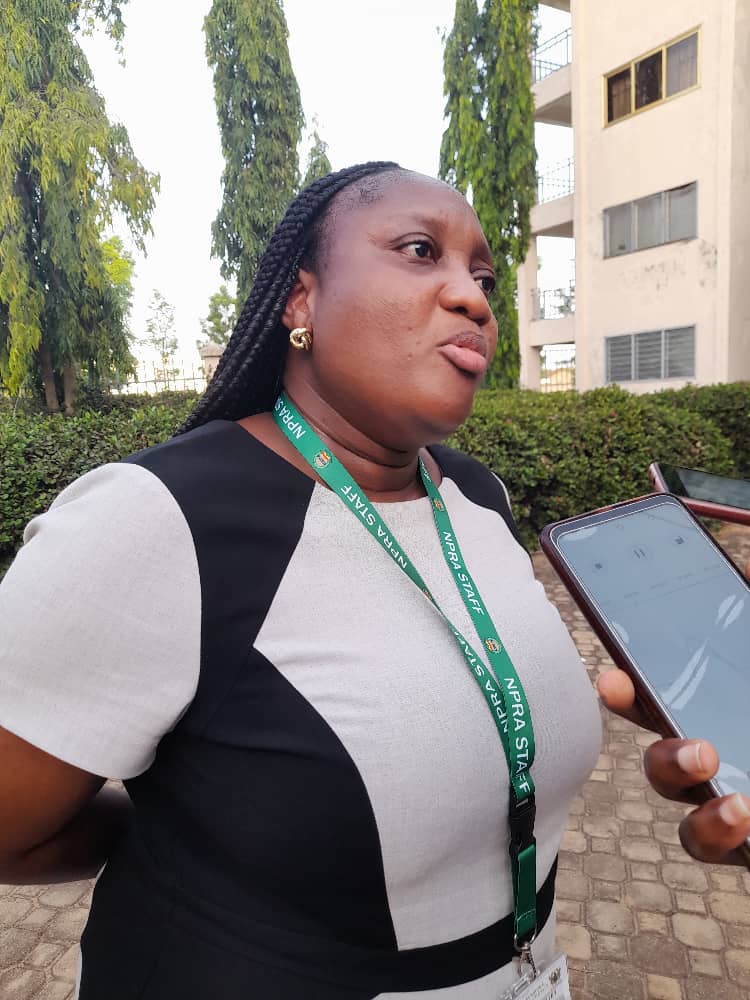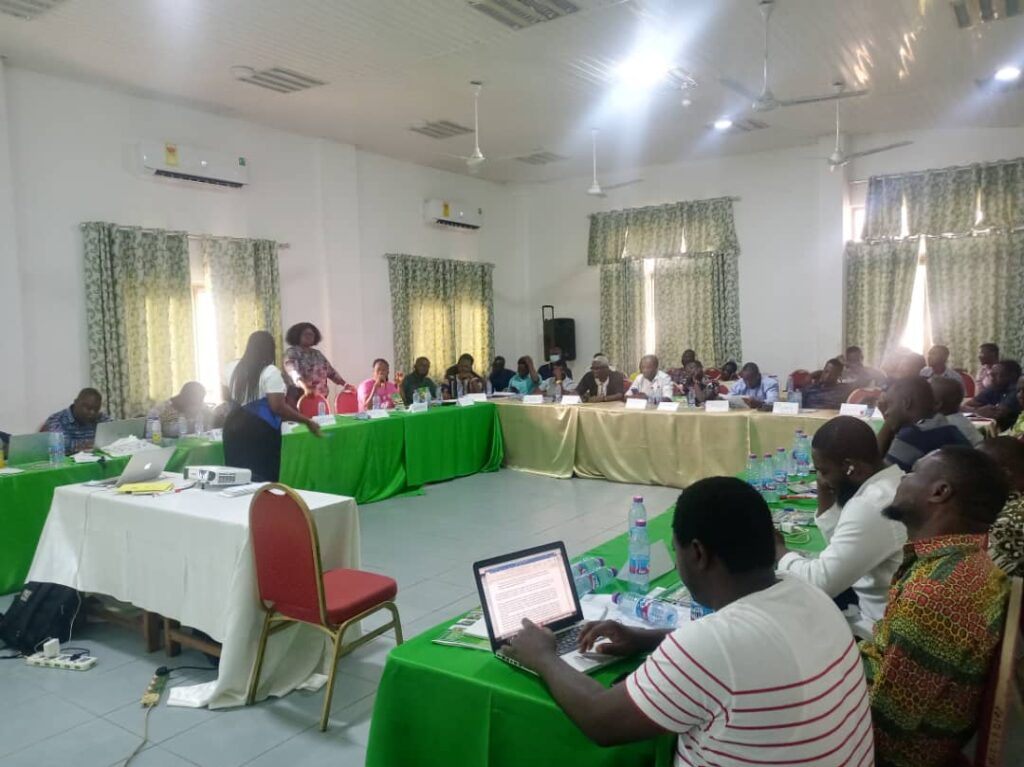
The NPRA through the Finance ministry’s national educational campaign, has educated some selected media practitioners from the Northern sector of Ghana on the 3- tier pension scheme.
The 3- day financial literacy workshop organized by the Ministry of finance in collaboration with Asamoah & Williams Consulting as part of the ongoing Financial Literacy Campaign has trained media practitioners from the Northern Sector of Ghana on financial literacy reporting at the UDS Guest House in Tamale, in the Northern Region from the 3rd -5th of May, 2023.
The main focus of the training was to train the media practitioners with the required skills to help them use their platforms to educate the public on financial literacy.

A representative from National Pensions Regulatory Authority (NPRA) trained the media practitioners on the 3-tier Pension scheme which is the new pension law that replaced the PNDCL 247 which was managed solely by SSNIT. She said the new law under the National Pensions Act 766 replaced the old law and was birthed 1st January, 2010 after lots of agitations by the workers in the country.
The 3 tier pension scheme is a contributory scheme for all formal sector and informal sector workers in Ghana
The tier 1 is a pension scheme managed by SSNIT and the tier 2 and 3 contributions are privately managed by Corporate Trustees licensed by the NPRA.
The tier 1 and 2 are mandatory contributions for formal sector workers but the tier 3 is a voluntary contribution for both the formal and informal sector workers.
For a contributor to access the mandatory contributions, he or she must be 60 years (compulsory retirement) or 55 years (reduced pension) but however, if a contributor is unemployed at 50 years the Law (Act 766) allows that person to access his tier 2 only.
Members can also access invalidity pensions on health grounds but must contribute to the scheme for 36 months and also survivors of contributors can enjoy survivors benefits for those who die prematurely before 75 years.
The tier 3 ( provident fund, group or personal pension scheme) can be accessed by those in the formal sector and can contribute for a period of 10 years to enjoy tax exemptions but a member can also access his contributions within the 10 years but will be taxed and so, in the event of an exit prior to the contributor’s tenth anniversary, a marginal tax rate based on the GRA rate at that time will be applied to the contributor’s total redemption amount.
The Authority in a PowerPoint presentation by Mrs Stella Akua Quartey stressed on the need for employers to join the tier 3 Pension Scheme to benefit fully from it’s provision in the National Pensions Act, 2008 (Act 766).
she further stated that, under the new law the tier 1 which is being managed by SSNIT will pay members a monthly pension and the tier 2 which is managed by private corporate trustees licensed by the NPRA will pay the member a lumpsum but those who were part of the PNDCL 247 before 1st January 2010 will receive a monthly and a past credit from tier 1 and a lumpsum from tier 2.

According to Mrs Stella Akua Quartey, the sensitization workshop was to enable the media practitioners disseminate and encourage people to embrace the 3 tier pension scheme backed by law to help reduce old age poverty.
Mrs Stella Akua Quartey also explained that their engagement with the media is because they have a bigger platform to communicate to the public entirely on the National Pensions Regulatory Authority’s message on Pensions and therefore expecting that they will use their platforms to educate people on the tier -1, tier – 2 and on the 3-tier penstion schemes.
She further indicated that the tier-3 pension scheme was designed with the informal sector workers in mind to enable them also enjoy pension just as the formal sector workers and not to die prematurely at a time that the can no longer go to the market to sell ie; tomatoes, fish, yam and the others or due to the fact that their children and extended families can no longer take care of them when they are out of work.

She also indicated that, interested members can join as a group or as individuals to be enrolled to get a savings and a retirement account opened for them. They can freely be withdrawing from the savings account after contributing for 5 years.
The NPRA is also educating expatriates who do not contribute to a pension scheme in their home country to write to SSNIT and the Private Corporate Trustees for exemption from the scheme but those who do not contribute to any pension scheme in their home country by law need to contribute to the 3 tier pension scheme because under the new pension law Act 766 they can withdraw their contributions when returning to their home country.
Source: Padfm.com.gh/Kumatey Gorden/0243531604

















